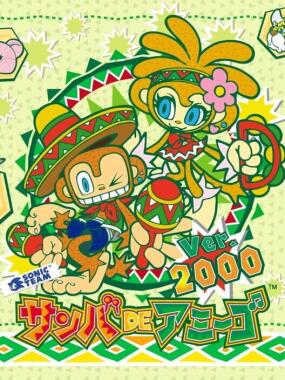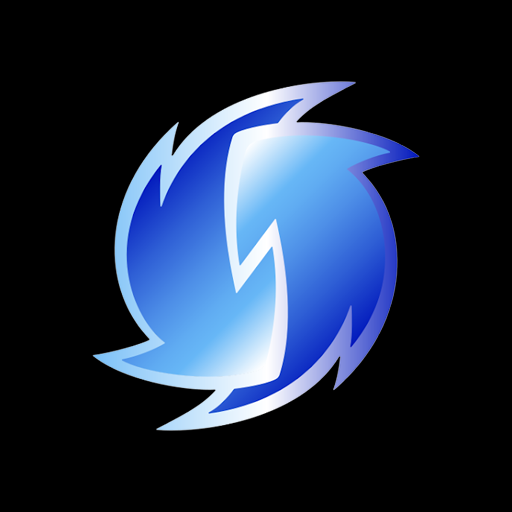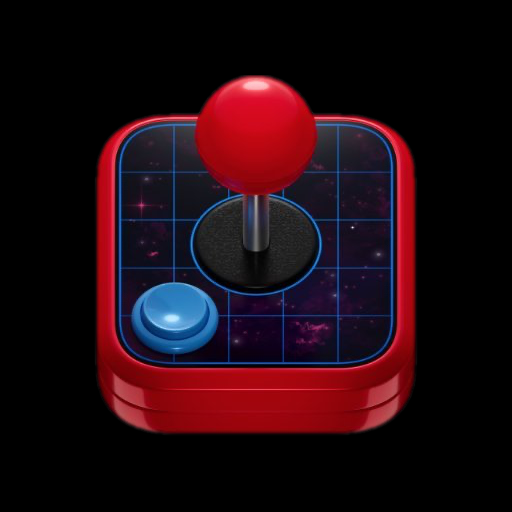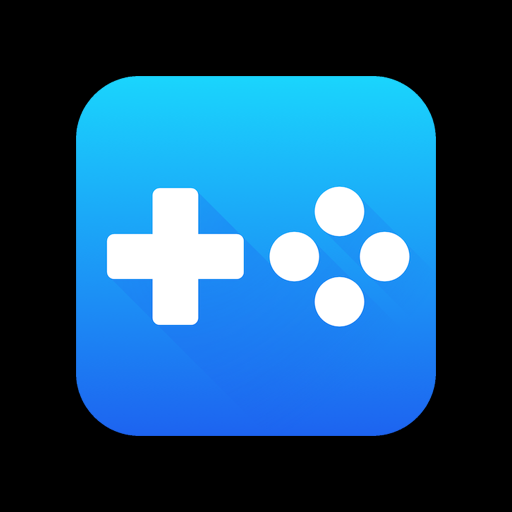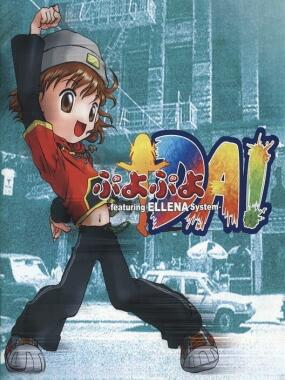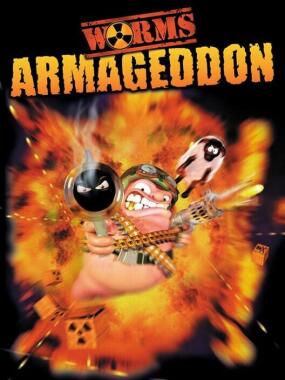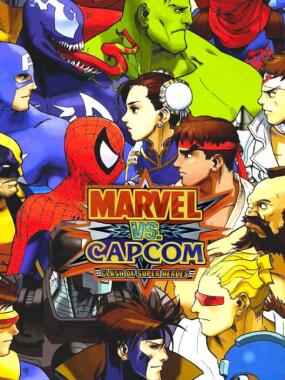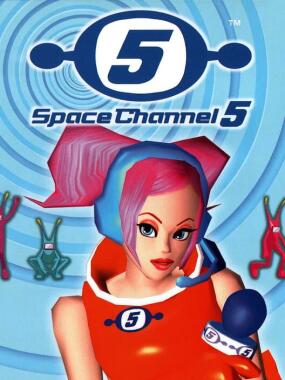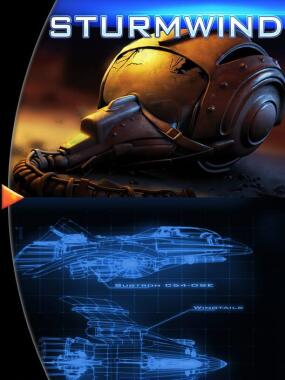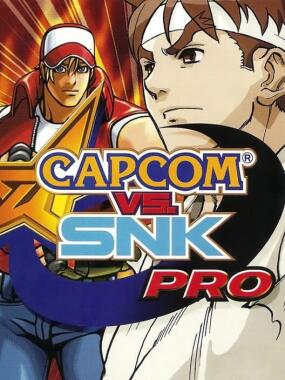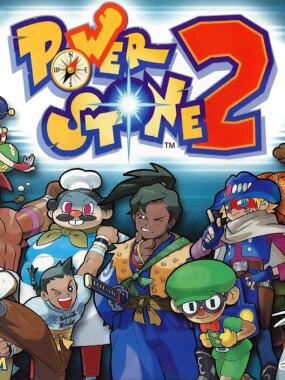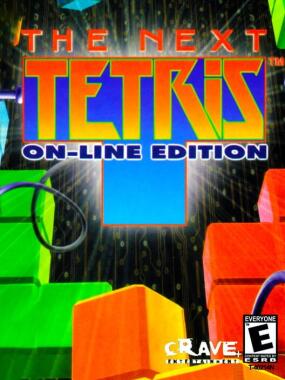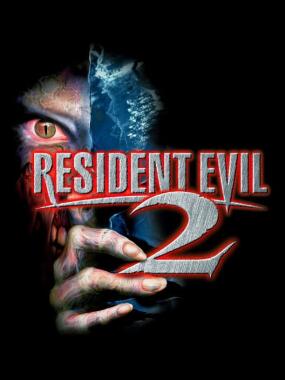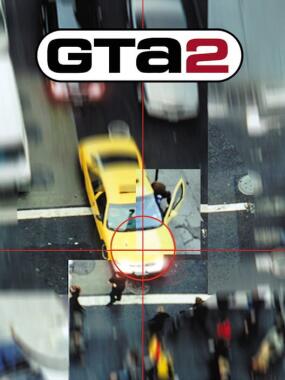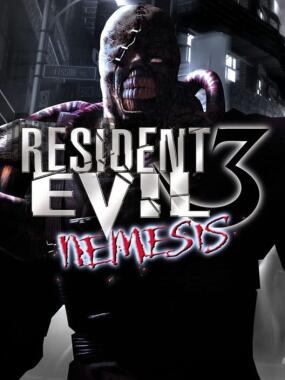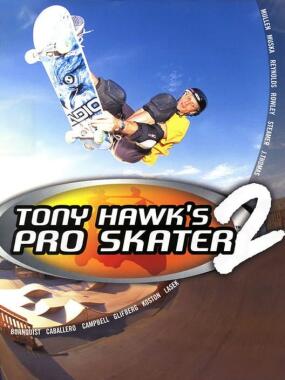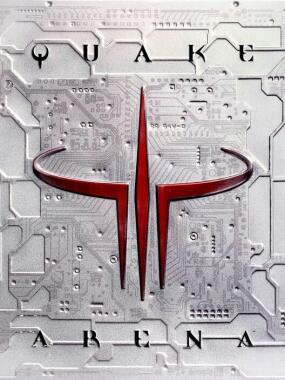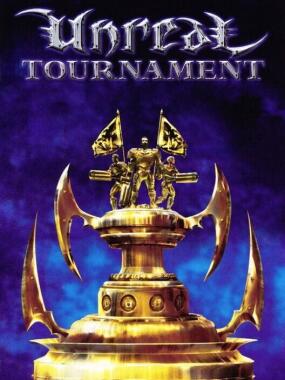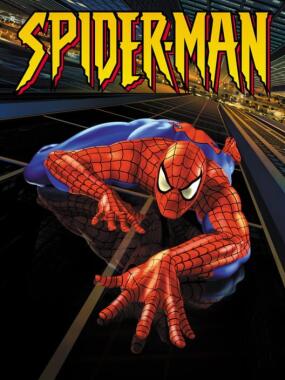Samba de Amigo Ver. 2000 is an enhanced rhythm game for the Sega Dreamcast, featuring 14 new songs and additional downloadable content. It introduces Amiga, Amigo's sister, and offers modes like Love Love/Couples and a revamped Challenge mode with tougher stages. A notable addition is Hustle Mode, where players mimic character Pose's maraca patterns. Although planned for North American release as Samba de Amigo Ver. 2001, the title was ultimately canceled.
Samba de Amigo: Ver. 2000 is an upgraded version, and it contains 14 new songs, as well as six new downloadable songs for the home version. Whereas in the original game, there were only three songs to choose in each stage, this version allows the player to choose several. "Love Love/Couples" Mode, originally available only in the home version of Samba de Amigo, is included in the arcade version of Ver. 2000. A new character named Amiga joins the cast. She is Amigo's sister, and wields a tambourine. In the home version, a new volleyball game replaces the original minigames. Survival mode was also added, where the player must finish as many songs in a row as they can. In addition, the Challenge mode has new goals, as well as five new secret stages that are quite difficult.
The most significant addition to Ver. 2000 is the new "Hustle Mode". In this mode, the player must still follow the dots and shake the maracas in the appropriate location, but this is done a lot less often. Instead, Pose appears frequently, and in addition to making the player do static poses, he will be shaking his maracas in certain patterns that the player must mimic. These patterns include either shaking one or both maracas back and forth between two of the six positions, doing a full 360° rotation starting from one position, and looping all the way back around. All the songs in the game, including the ones previously found in the first version, have both Original and Hustle Mode patterns.
Samba de Amigo Ver. 2000 was announced for North American release, under the name Samba de Amigo Ver. 2001, but it was among the games that were canceled when Sega discontinued support for their console.

